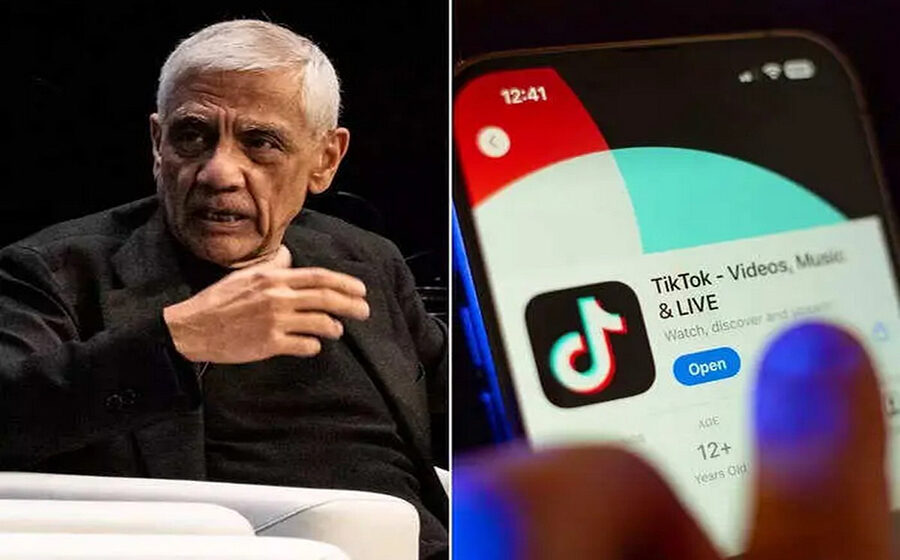Billionaire investor and early supporter of OpenAI, Vinod Khosla, has voiced his support for the mandated divestiture of TikTok from its Chinese parent company, ByteDance. Khosla’s stance aligns with recent legislative efforts, including a bill passed by Congress in March, aimed at compelling ByteDance to sell TikTok’s US operations to non-Chinese entities or face a ban in the country.
TikTok: A Potentially Weaponized Platform
In an op-ed published in the Financial Times, Khosla expressed apprehensions about TikTok’s susceptibility to exploitation by foreign adversaries, particularly the Chinese Communist Party (CCP). Drawing comparisons between TikTok and its Chinese counterpart, Douyin, Khosla highlighted discrepancies in usage regulations, suggesting that while Douyin imposes strict time limits on underage users, TikTok lacks similar constraints. Khosla evocatively described TikTok as “programmable fentanyl,” insinuating that its influence, akin to the potent drug, could be manipulated by the CCP to serve its interests.
National Security Implications and Allegations
Khosla underscored the potential national security risks associated with TikTok, emphasizing the platform’s utilization of sophisticated artificial intelligence algorithms under CCP control. He likened TikTok’s AI capabilities to “subversion weapons,” warranting scrutiny akin to materials relevant to homeland defense. Drawing parallels with the US government’s prohibition of Huawei routers due to similar security concerns, Khosla advocated for preemptive measures to safeguard against foreign influence and manipulation.
Public Perception and Political Interference
Khosla’s concerns echo broader sentiments among Americans regarding TikTok’s perceived threat to national security. A survey conducted by the Pew Research Center revealed that a majority of Americans viewed TikTok with skepticism in terms of its potential impact on national security. Furthermore, allegations of Chinese propaganda actors utilizing TikTok to influence US elections have only exacerbated concerns surrounding the platform’s integrity and susceptibility to external manipulation.
Response and Continued Scrutiny
Despite mounting apprehensions, representatives for TikTok and the Chinese foreign ministry have not issued immediate responses to queries regarding these allegations and concerns. However, Khosla’s vocal stance adds to the ongoing discourse surrounding TikTok’s operational integrity and underscores the imperative for robust regulatory measures to address potential national security risks associated with the platform. As scrutiny intensifies and geopolitical tensions persist, the future of TikTok’s operations in the US remains uncertain, contingent upon regulatory interventions and corporate accountability measures.



